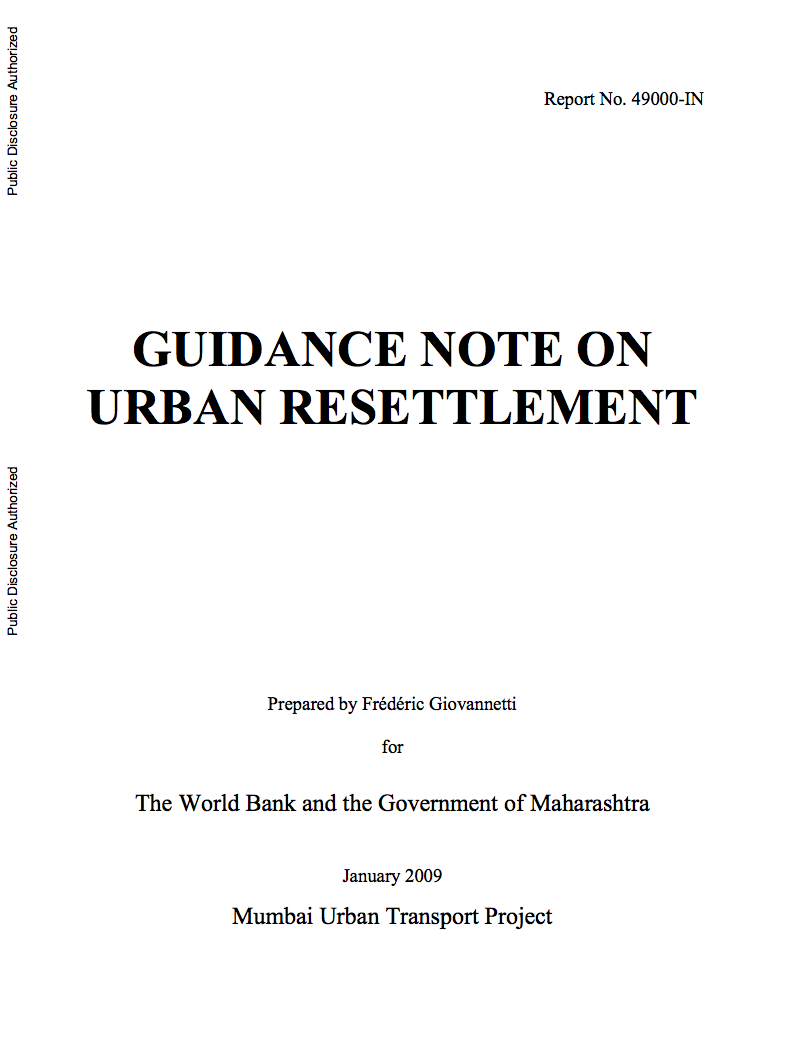Investing across Borders with Heterogeneous Firms : Do FDI-Specific Regulations Matter?
This paper revisits the institutional
determinants of foreign direct investment (FDI) using a
comprehensive new data set on the regulations that govern
FDI in more than 80 countries. It exploits the presence of
confirmed zero investment flows between countries to
estimate productivity cut-offs of firms that invest abroad
profitably. This approach corrects likely biases arising
from firm heterogeneity and country selection in a


